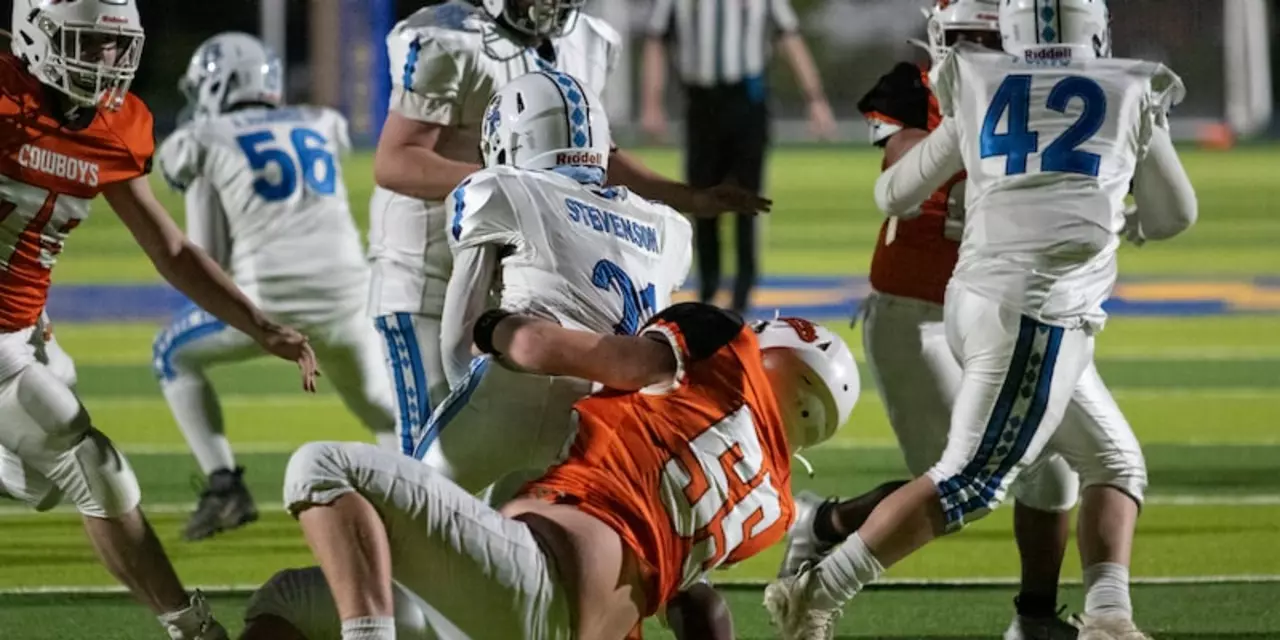Streaming Services: Why Netflix Still Skips Live Sports
Ever wondered why you can binge a TV series on Netflix but can’t catch a live football match there? You’re not alone. Millions of viewers ask the same thing, and the answer isn’t just “because they want to keep things simple.” It boils down to money, technology, and the way Netflix positions itself in the market.
The Cost of Sports Rights
First up, buying the rights to broadcast a live sporting event is insanely expensive. Major leagues sign multi‑year deals worth billions, and those contracts already belong to traditional broadcasters or specialized sports platforms. If Netflix tried to jump in, it would have to outbid those entrenched players, which could eat up a huge chunk of its budget. And Netflix isn’t sitting on an endless cash pile; it prefers to invest in original movies and series that keep subscribers glued for months, not just a few hours of a match.
Another angle is risk. Sports viewership can be unpredictable – a game might get canceled, rain delays could happen, or a star player could be injured. Those uncertainties make the investment a lot riskier than a scripted show where you know exactly what you’re getting. Netflix generally avoids that kind of gamble because it could affect its bottom line and subscriber satisfaction.
Tech & Strategy Behind Netflix’s Choice
Streaming live events also demands a different technical setup. On‑demand content works because a file is stored on servers and delivered whenever you hit play. Live sports need real‑time encoding, ultra‑low latency, and massive bandwidth to handle spikes of viewers watching at the same moment. Netflix’s infrastructure, while massive, is optimized for on‑demand delivery, not for the split‑second timing that live sports require.
Beyond tech, Netflix’s brand strategy leans heavily on original storytelling. Its biggest wins have been shows like Stranger Things or The Crown, which attract binge‑watchers and build cultural buzz. Adding live sports could dilute that brand identity and shift focus away from content creation, something the company isn’t eager to do.
So, if you’re hunting for a place to watch live games, you’ll likely turn to services built for that purpose – think ESPN+, DAZN, or regional broadcasters. Netflix will keep delivering the shows you love, and that’s a choice that makes sense for its business model.
Bottom line: high rights fees, technical hurdles, and a clear strategic focus keep Netflix out of the live‑sports arena. It’s not a lack of interest, just a calculated decision to stay where it does best – on‑demand entertainment.

Why doesn't Netflix offer live events (i.e sports)?
Netflix is one of the world's largest streaming services, yet does not offer live events and sports. This is because it would be difficult for the company to secure rights to major sporting events due to their already existing contracts with other broadcasters. Furthermore, the cost of acquiring these rights and streaming them to a global audience would be too expensive. Additionally, the technology and infrastructure needed to live stream sporting events is not something Netflix currently has in place. Lastly, Netflix is focused on other aspects of its business, such as creating and streaming original content. Therefore, it is unlikely that Netflix will begin offering live sports anytime soon.
Read More